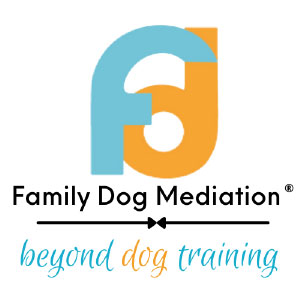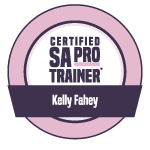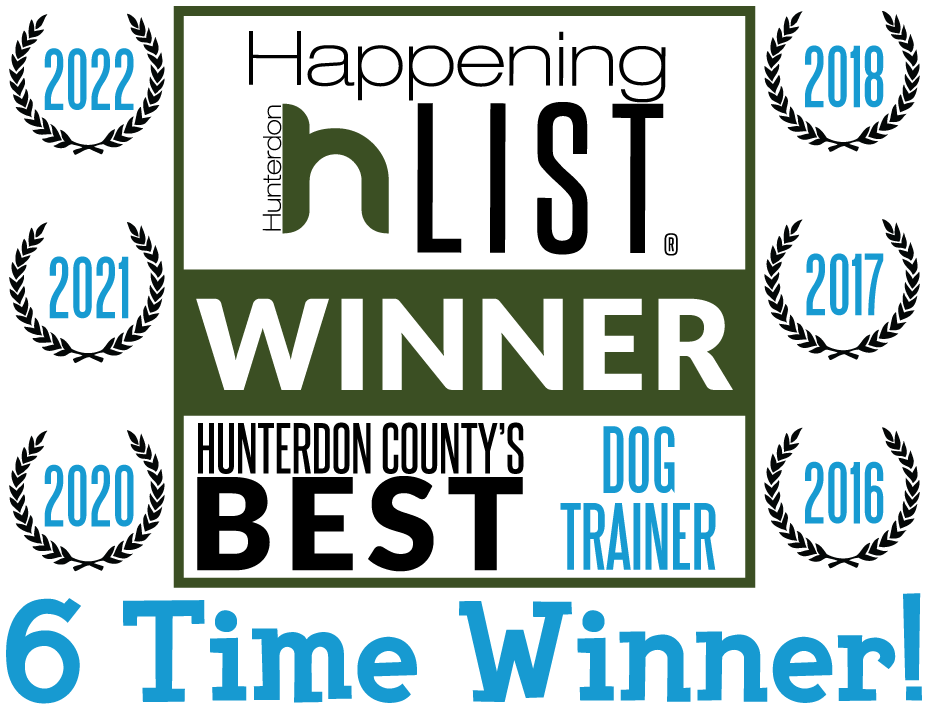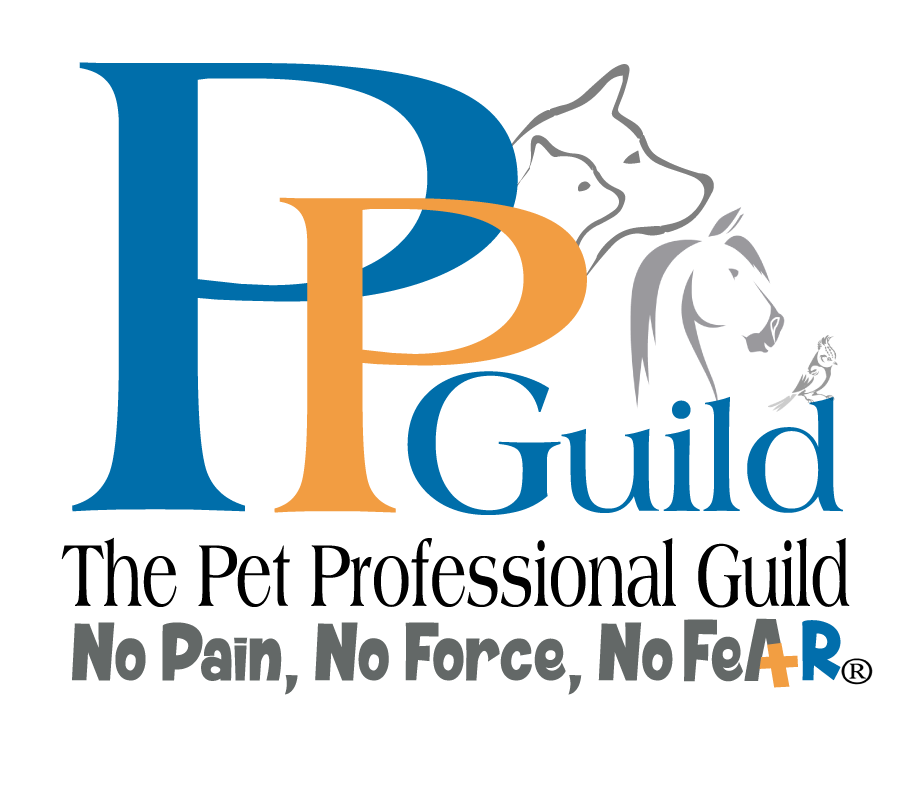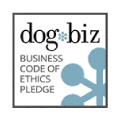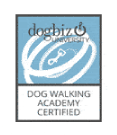Raising a puppy always brings lots of questions. Just when you feel like you’re figuring things out, you find yourself pondering when you should switch your puppy to adult food. Suddenly a simple task feels like another confusing part of puppy raising. In this blog I’ll share when to switch your puppy to adult food.
As a new puppy parent one of the biggest decisions you had to make as soon as you brought your puppy home was what food you were going to feed. Providing your puppy with the right nutrition is a big part of their growth and development. Now you are faced with another key decision of when to switch from puppy food to adult food.
What is the Difference Between Puppy Food and Adult Dog Food?
Feeding puppy food is essential because it’s specifically formulated to provide the necessary nutrients for your growing puppy. Puppy food has a higher calorie content than adult dog food which is necessary to help support healthy growth and development. Puppy food contains specific nutrients geared towards puppies.
It’s important to not switch a puppy to adult food too early. It’s equally important to not keep them on puppy food for too long.
Puppies require a different balance of nutrients than adult dogs. Switching too soon can cause nutritional deficiencies. Leaving your puppy on puppy food can led to obesity because of the higher calorie content. After they grow and mature, they don’t typically need the extra calories. The age you switch your puppy to adult food will depend on several factors.
How Does Breed Size Factor in When Choosing the Right Dog food?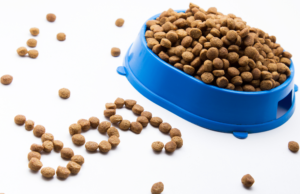
According to PetMD.com, small breeds who are under 25 pounds when fully grown reach adult size at about 10-12 months of age. These puppies will generally be ready for adult dog food around 9-10 months of age.
PetMD suggests medium sized dogs who are between 25 – 50 pounds when they are fully grown (sometime between 12-15 months of age) will be ready for adult dog food around 12 -14 months of age.
They consider large breeds to be over 50 pounds when fully grown. Because of the varying sizes of breeds in this category, they can reach their mature size and weight anytime between 15- 24 months. This is a much bigger timespan than small and medium sized breeds. PetMD suggests keeping these dogs on puppy food until they are 14 -24 months old. This will ensure they receive enough protein and nutrients to help support proper growth and development to their larger skeletal frames.
How Does Breed Type Factor in When Choosing the Right Dog Food?
If your breed is prone to obesity or other health issues this can determine how early or late you switch from puppy food to adult dog food. Maybe you have a Heinz 57 puppy that is a combination of breeds. You may need to take the genetic makeup into consideration. If you have any questions or concerns about when to switch your puppy to adult dog food you should consult your veterinarian, a Veterinary Nutritionist, or someone who is certified in canine nutrition.
Other Factors to Consider When Switching from Puppy Food to Adult Dog Food
When your puppy was spayed or neutered could also play a roll when switching from puppy food to adult dog food. A puppy who has been spayed or neutered before their growth plates have closed and before they have reached their full growth potential will typically need less calories.
Your puppy’s activity level may also need to be taken into consideration. A Yorkie who hangs out at home and gets to go shopping with their owner in their special doggie backpack is going to have different nutritional needs than an Aussie who hikes and does agility. High level activities may require extra protein and more calories.
How Do I Transition My Puppy from Puppy Food to Adult Food?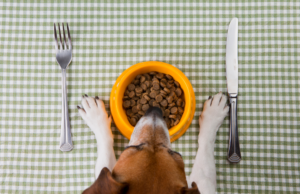
So, you’ve made the decision that it’s time to switch your puppy to adult food, but now what?
You’ll want to transition your puppy to their new food. A sudden change in food can cause tummy upset. Who here wants to clean diarrhea or vomit? Not me!
Some dogs can handle a faster transition, while others benefit from a slower transition. I’ve had dogs whose stomachs seem to be made of steel and aren’t phased, and I’ve had dogs whose tummies needed more time to adjust.
Follow These Guidelines When Switching Your Puppy to Adult Food:
I like to transition over the course of a week just to be on the safe side. This is how I transition my puppies from puppy food to adult food.
1: Day 1 and Day 2: ¾ of puppy food to ¼ of new food.
2: Day 3 and Day 4: ½ of puppy food and ½ of new food.
3: Day 5 and Day 6: ¼ of puppy food and ¾ of new food.
4: Day 7: Start 100% of new food.
Watch your puppy each time you introduce an increased amount of the new food. Check your puppy’s stool to make sure it’s not becoming soft or that they aren’t having diarrhea. Monitor for vomiting.
If your puppy is showing signs of tummy troubles, it’s possible the transition is too fast for your puppy’s stomach or the food isn’t the right fit. Transitioning your puppy to a new food in a carefully planned out way will help to avoid stomach upset for your puppy and alleviate cleaning messes from sudden gastrointestinal issues.
As always, reach out to your vet with any signs of tummy troubles for medical advice.
Feeling a little overwhelmed (or a lot) with your puppy’s behavior? Yes, help me turn the chaos to calm.



